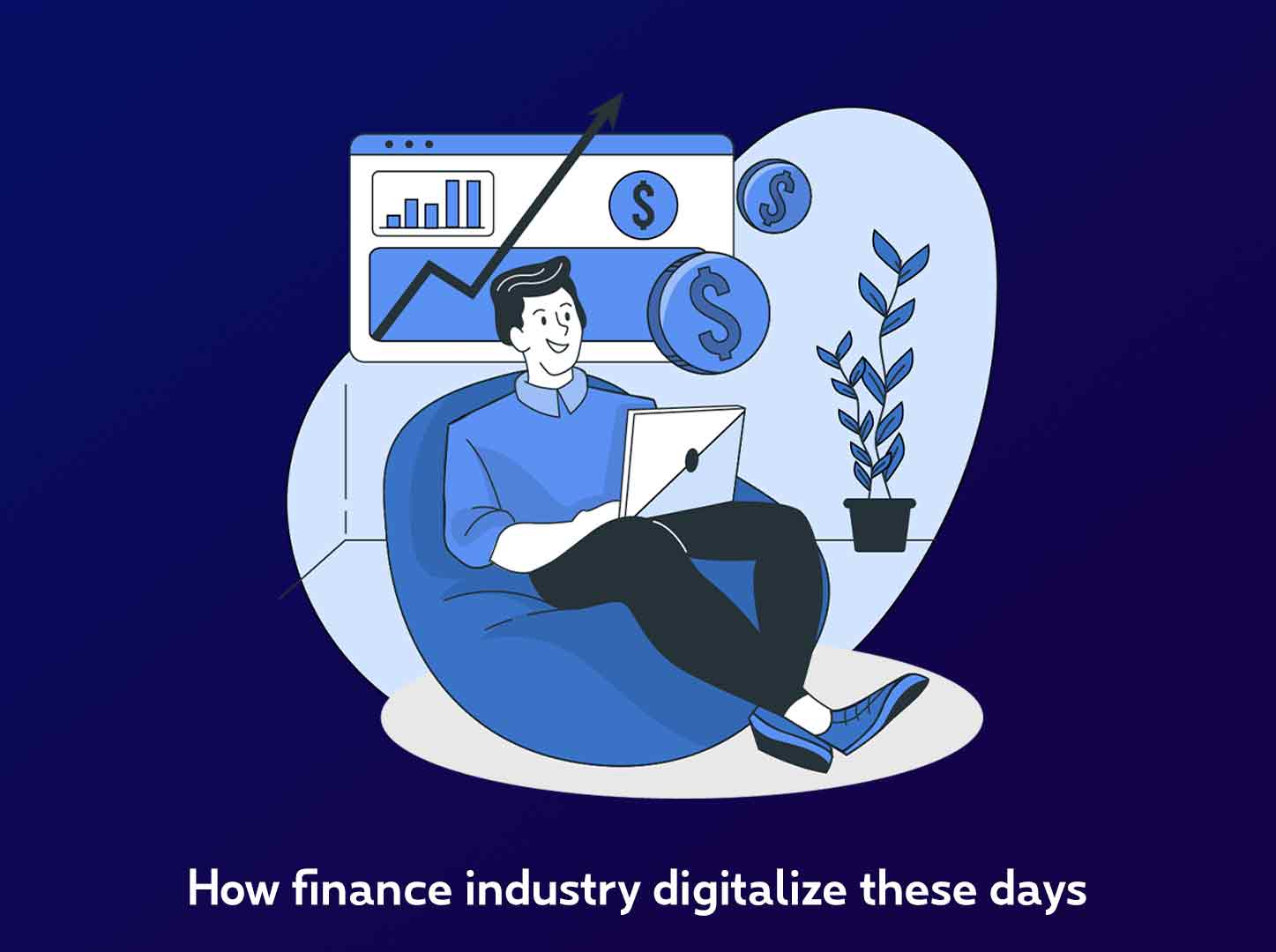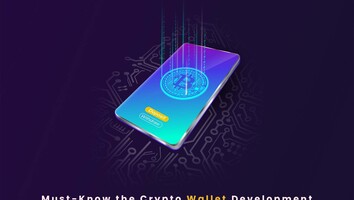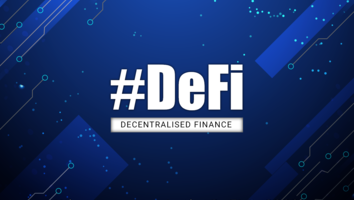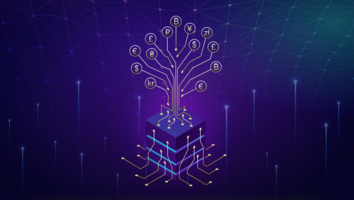Decentralized finance, or DeFi, uses cryptocurrencies and blockchain technology to manage financial transactions. DeFi development intends to democratize finance by replacing old, centralized institutions with peer-to-peer connections capable of providing a wide range of financial services, ranging from ordinary banking, loans, and mortgages to complex contractual interactions and asset trading.
Finance in 2021
Regulatory bodies and gatekeepers now manage almost every aspect of banking, lending, and trading through centralized platforms. Consumers must interact with a slew of financial middlemen to obtain anything from auto loans and mortgages to stock and bond trading.
By disempowering intermediaries and gatekeepers and empowering common people through peer-to-peer trades, DeFi threatens the centralized financial system.
Here's how it might go down. You can now earn 0.50 percent interest on your funds by putting them in an online savings account. The bank then lends the money to another customer at a rate of 3% interest, pocketing the 2.5 percent profit. DeFi development allows people to lend their funds directly to others, eliminating the 2.5 percent profit loss and allowing them to get the full 3 percent return on their investment.
How DeFi Is Being Used Now?
DeFI is being included in a wide range of financial operations, both basic and complicated. It's run via decentralized apps known as "dapps" or other programmes known as "protocols." Transactions in the two largest cryptocurrencies, Bitcoin (BTC) and Ethereum (ETH) are handled via Dapps and protocols (ETH).
While Bitcoin is the most popular cryptocurrency, Ethereum is considerably more adaptable to a larger range of purposes, which means Ethereum-based code is used in a large number of dapps and protocols.
Here are a few examples of how dapps and protocols are now being used:
- Traditional financial transactions: DeFi is already used for everything from payments to trading securities and insurance to lending and borrowing.
- Decentralized exchanges (DEXs): For the time being, the majority of cryptocurrency investors rely on centralized exchanges such as Coinbase or Gemini. DEXs let users conduct peer-to-peer financial transactions while maintaining control over their funds. If you don’t have time to implement Defi, simply choose the right DeFi development platform to do it for you.
- Electronic wallets: DeFi engineers are developing digital wallets that can function independently of the main cryptocurrency exchanges and provide investors with access to a variety of assets, including bitcoin and blockchain-based games.
- Coins that are stable: Stable coins, unlike cryptocurrencies, try to maintain their prices by connecting them to non-crypto currencies, such as the US dollar.
- Harvesting of yields is the fifth step: DeFi, dubbed crypto's "rocket fuel," allows speculative investors to lend crypto and potentially profit handsomely when the proprietary coins DeFi borrowing platforms pay them for consenting to the loan rise swiftly.
- Tokens that aren't fungible (NFTs): NFTs turn non-tradable items like slam dunk videos and the first tweet on Twitter into digital assets. NFTs make the hitherto uncommodifiable commodifiable.
Final Thoughts
From cutting out the middlemen to turning basketball video into digital assets with monetary worth, DeFi's future is bright. In the near future, investors will have more flexibility, allowing them to "use assets in inventive ways that seem inconceivable now."
To learn more about the best Defi development platform, simply visit W3villa Technologies.



